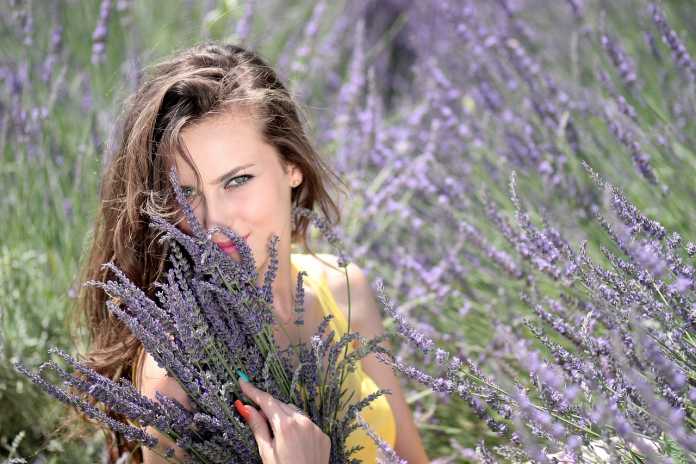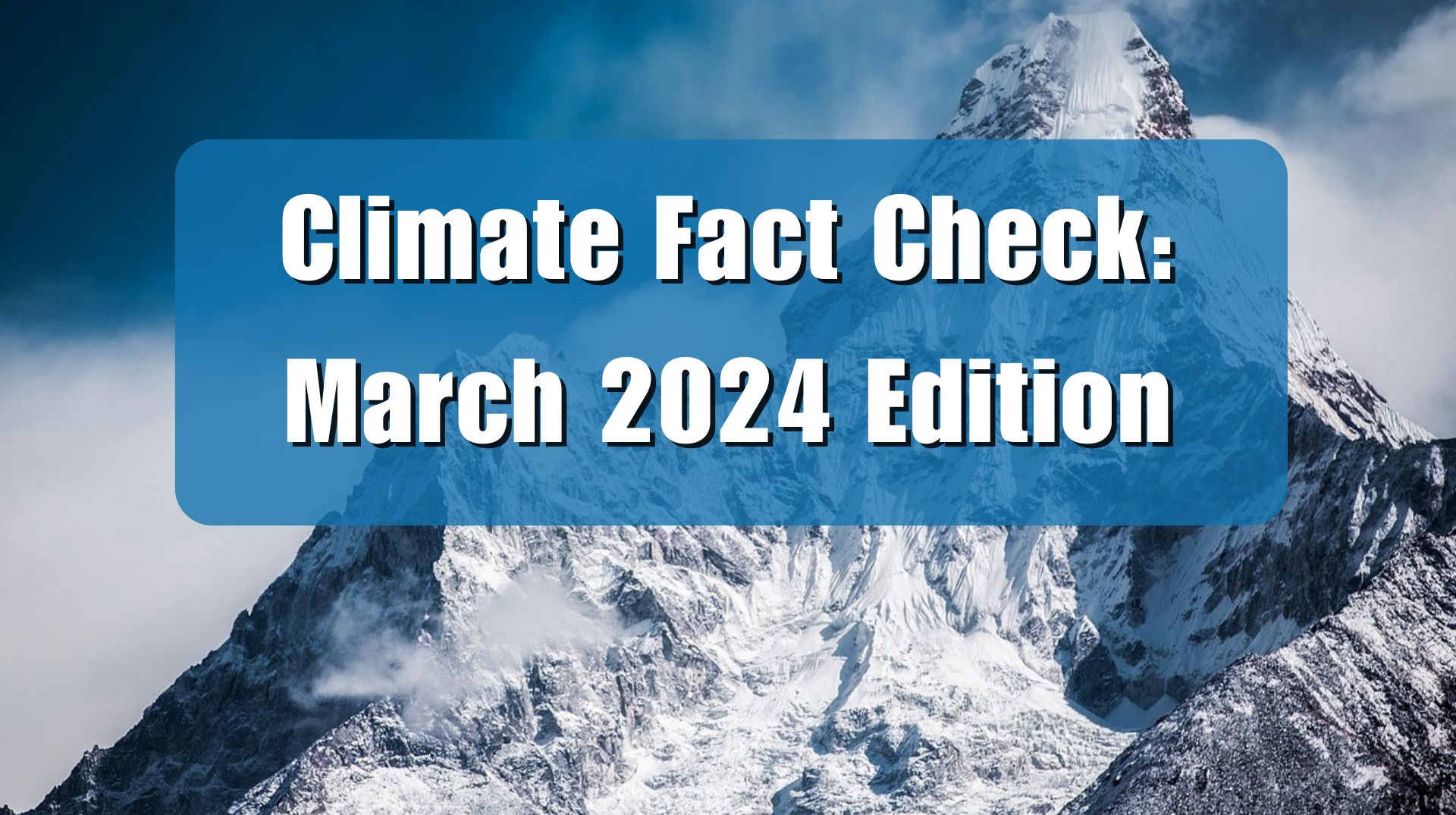New Scientist magazine published an article Friday claiming climate change is making life harder for allergy sufferers in Europe. New Scientist, however, is covering up is the fact that the increase in allergies is an unfortunate, but manageable, side effect of a beneficial greening of Europe and the globe, as more abundant and lush plant life necessarily means more pollen.
The New Scientist article is titled, “Climate change expected to make European hay fever seasons much worse.”
“Pollen seasons are already expected to start earlier and last longer as temperatures warm and carbon dioxide concentrations rise, affecting the trees and grasses that release the pollen,” asserts the article.
The effect New Scientist is referring to is a greening of the earth as increasing carbon dioxide levels are enhancing plant growth.
As discussed in a recent Climate Realism article, NASA satellite measurements show the “longer, warmer growing seasons caused by climate change,” along with more atmospheric carbon dioxide, are spurring a tremendous greening of the Earth. NASA reports these factors have produced a 10 percent increase in global plant life across the past 20 years.
“The Sahara Desert and other desert regions are shrinking and being filled with life,” notes the Climate Realism article, commenting on NASA’s report. “Areas with existing plant life are becoming more lush with vegetation.”
These expanding, lusher ecosystems are good for pollinators, animals, and humans. Both crop and non-crop plants evolved when carbon dioxide levels were much higher than today and do better (grow faster and larger) as carbon dioxide levels increase. Thousands of experiments and the actions of agronomists, botanists, and greenhouse operators worldwide confirm this.
One study involving 32 researchers representing nine countries, published in Nature Climate Change, using three long-term satellite-derived leaf area index (LAI) records and 10 global ecosystem models from 1982 through 2009, found “a persistent and widespread increase of growing season integrated LAI (greening) over 25% to 50% of the global vegetated area, whereas less than 4% of the globe shows decreasing LAI (browning).” The study traced this global greening directly to the carbon dioxide fertilization effect, reporting that it explains 70% of the observed greening. Satellites show areas of desert are being reclaimed by vegetation as carbon dioxide levels have increased.
People do generally spend more time outdoors and exercise more in warmer weather, which exposes them to pollen, exacerbating some allergies. However, such activities also produce obvious health benefits. More importantly, scientists have documented that the number of people who die from cold temperatures is 20 times higher than the number who die from warm or hot temperatures. Moreover, objective mortality data show death rates go up in the cold winter months and come down when the weather gets warmer.
Increased carbon dioxide and longer growing seasons have also boosted crop production. New crop production records have been recently and repeatedly set for cereal grains, fruits, tubers, and vegetables, as the Earth modestly warms.
The fact that some people with allergies suffer more in a greener world does not outweigh the fact that plants, and thus every living thing that depends on them, benefit from a greener world. Thriving plant life is a net benefit of global warming, not a crisis. New Scientist should have accounted for this fact.















